Lopressor is a prescription medication that belongs to a class of drugs known as beta blockers. Its generic name is metoprolol tartrate. Lopressor works by blocking the action of certain natural substances in the body, such as epinephrine, on the heart and blood vessels. It is commonly used to treat high blood pressure (hypertension), chest pain (angina), and to improve survival after a heart attack. Lopressor helps to lower blood pressure, reduce the workload of the heart, and decrease the frequency of chest pain episodes.
Do’s and Don’ts
Do not take Lopressor if you have a known allergy to metoprolol or any other ingredients present in the medication. Inform your doctor about any allergies you have before starting Lopressor. It is important to inform your healthcare provider about any medical conditions you have, especially if you have certain heart problems (such as heart block or slow heart rate), lung diseases (such as asthma or chronic obstructive pulmonary disease), diabetes, circulation problems, or thyroid disorders. Lopressor may not be suitable for people with these conditions or may require careful monitoring.
Do not suddenly stop taking Lopressor without consulting your doctor. Stopping the medication abruptly can worsen your condition or lead to other health problems. If you have been taking Lopressor for a prolonged period, your doctor may gradually reduce the dose before stopping it completely. Avoid alcohol while taking Lopressor as it can increase the risk of side effects and may interfere with the medication’s effectiveness.
Adverse Reactions
Like all medications, Lopressor may cause some side effects. Common side effects of Lopressor include tiredness, dizziness, and lightheadedness. Some people may experience slow heartbeat, shortness of breath, or cold hands and feet. These side effects are usually mild and temporary. If any of these symptoms persist or worsen, inform your doctor.
Rare but serious side effects of Lopressor include severe allergic reactions (such as rash, itching, swelling, severe dizziness, or difficulty breathing), mental or mood changes (such as depression, confusion, hallucinations), unexplained weight gain, and sudden or worsening chest pain. Contact your doctor immediately if you experience any of these symptoms.
How to Use
Take Lopressor exactly as prescribed by your doctor. Usually, the initial dose is 100 to 200 milligrams per day, divided into two doses. The dosage may be adjusted based on your response to the medication. Lopressor can be taken with or without food. Swallow the tablets whole with a glass of water. Do not crush or chew the tablets.
If you miss a dose of Lopressor, take it as soon as you remember. If it is close to the time for your next dose, skip the missed dose and resume your regular dosing schedule. Do not take a double dose to make up for the missed one.
In case of overdose, seek emergency medical attention. Overdose symptoms may include slow heartbeat, severe dizziness, fainting, and difficulty breathing.
Understanding Drug Interactions
Lopressor can interact with certain medications, which may affect how it works or increase the risk of side effects. It is important to inform your doctor about all the medications you take, including prescription drugs, over-the-counter drugs, and herbal supplements. Some medications that may interact with Lopressor include other beta blockers, calcium channel blockers, certain antidepressants, and antiarrhythmic medications.
Lopressor may also interact with certain medical tests, such as allergy skin tests. Inform your doctor or laboratory personnel that you are taking Lopressor before undergoing any medical tests.
Your Questions Answered
- Q: Can I stop taking Lopressor on my own if I feel better?
- Q: How long does it take for Lopressor to start working?
- Q: Can I drink alcohol while taking Lopressor?
- Q: Can I take Lopressor during pregnancy?
- Q: Can Lopressor cause weight gain?
A: No, it is important to continue taking Lopressor as prescribed by your doctor, even if you start feeling better. Stopping the medication suddenly can worsen your condition.
A: The onset of action of Lopressor varies from person to person but it usually starts working within a few hours to several days after starting the medication.
A: No, it is advised to avoid alcohol while taking Lopressor as it can increase the risk of side effects and may interfere with the medication’s effectiveness.
A: Lopressor should only be used during pregnancy if clearly needed and under the supervision of a healthcare professional. It may harm an unborn baby. Inform your doctor if you are pregnant or planning to become pregnant.
A: Although not common, some people may experience unexplained weight gain while taking Lopressor. If you notice any significant weight gain, inform your doctor.

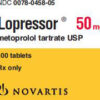
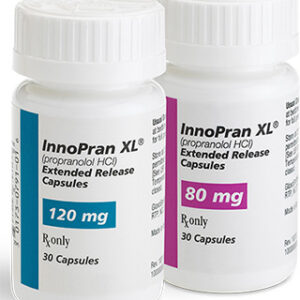
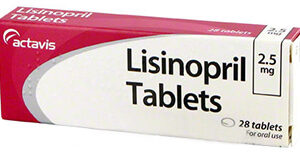
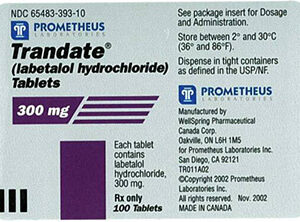
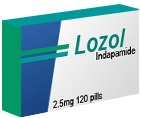
Reviews
There are no reviews yet.